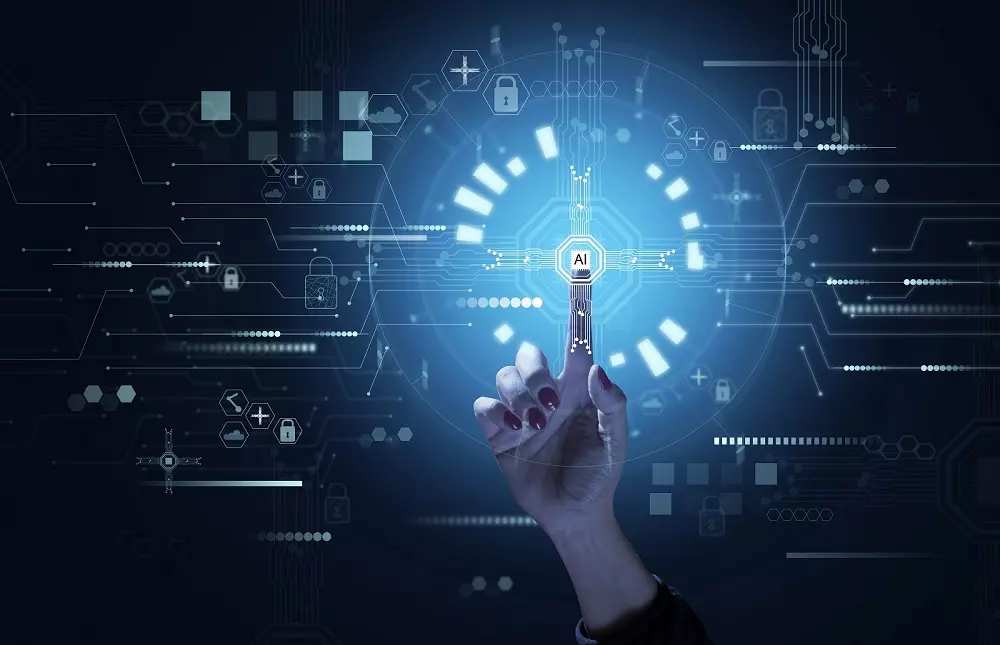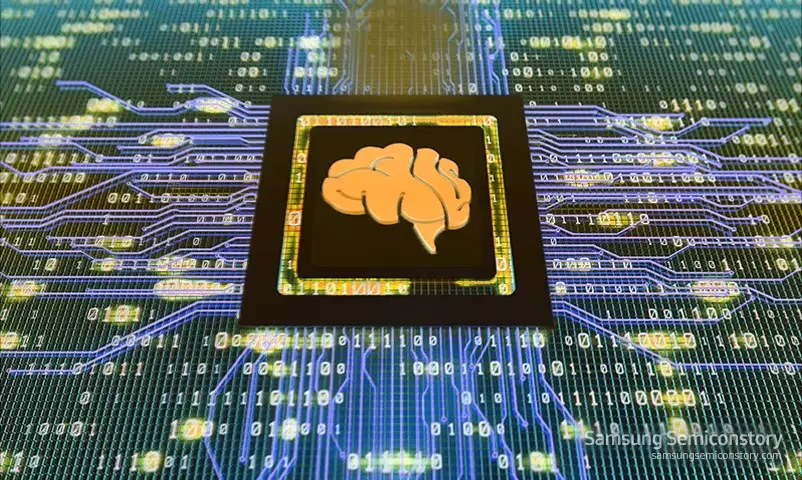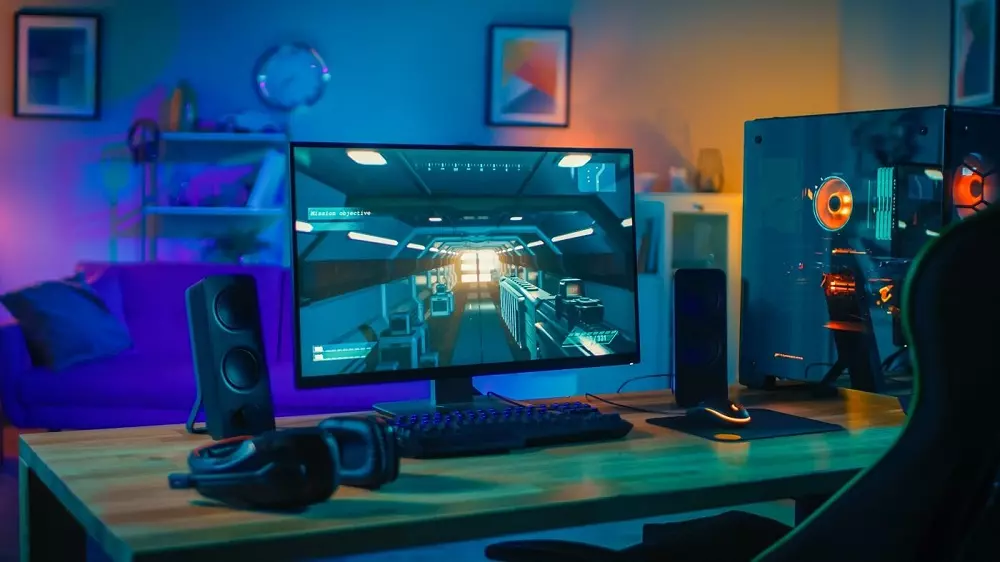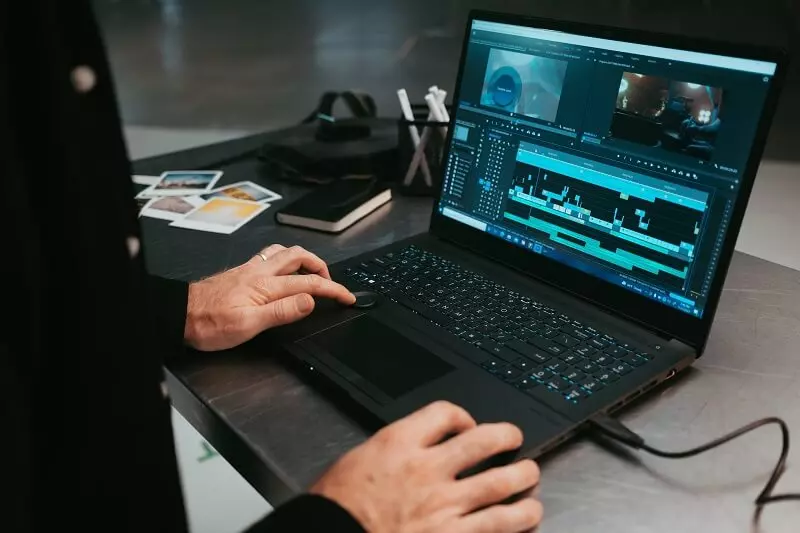In the rapidly evolving landscape of artificial intelligence (AI), the role of specialized hardware has become increasingly vital. One such critical component is the Neural Processing Unit (NPU).
But, what exactly is it? And what is its significance in enhancing AI capabilities?
Whether you're a seasoned AI enthusiast or just beginning to explore the intricacies of this field, this article aims to demystify the NPU and shed light on its pivotal role in shaping the future of artificial intelligence.
What is an NPU?
NPU stands for Neural Processing Unit (although sometimes it’s shortened to just Neural Processor) and it’s a specialized hardware component designed to accelerate the execution of artificial intelligence (AI) and machine learning (ML) algorithms.
Unlike general-purpose processors that share a similar name, NPUs are designed to handle the complex mathematical computations involved in neural network operations, which are fundamental to AI tasks such as image recognition, natural language processing, and deep learning.
By offloading these computations from traditional central processing units (CPUs) or graphics processing units (GPUs), NPUs can significantly enhance the speed and efficiency of AI applications. It’s estimated that NPUs can take as much as 10,000x less time to accelerate machine learning tasks than a GPU.
Essentially, an NPU acts as a dedicated accelerator, optimized to process and manipulate the vast amounts of data associated with neural networks, contributing to the overall performance and responsiveness of AI systems.
What are NPUs used for?
Even with the GPUs of today becoming more and more powerful with every iteration, they can still struggle when it comes to performing complex AI tasks. This is where NPUs come in.
Having an NPU work alongside a GPU allows for both improved performance in AI and machine learning tasks, whilst also enabling a smooth experience overall as the GPU is given the chance to perform optimally at its own dedicated tasks.
The deployment of NPUs is not just confined to standalone devices though; they are integrated into various systems, such as autonomous vehicles and medical image analysis, enhancing their ability to process and respond to real-time data.
As the demand for sophisticated AI applications continues to grow, NPUs emerge as indispensable tools, empowering machines to navigate intricate tasks with remarkable speed and precision.

Here’s a list of 10 common NPU use cases:
- Image and Speech Recognition: NPUs excel in processing vast amounts of data for tasks like image and speech recognition. They contribute to the development of facial recognition systems, object detection, and voice-activated devices.
- Natural Language Processing (NLP): NPUs play a crucial role in NLP applications, including chatbots, language translation, sentiment analysis, and text summarization. They enhance the speed and efficiency of language-related tasks.
- Medical Image Analysis: In healthcare, NPUs are utilized for analyzing medical images such as MRIs and CT scans. They aid in identifying patterns and anomalies, contributing to faster and more accurate diagnostics.
- Autonomous Vehicles: NPUs are integral to the operation of autonomous vehicles, processing data from sensors and cameras in real-time. They support quick decision-making, enhancing the safety and efficiency of self-driving systems.
- Finance and Fraud Detection: NPUs are employed in the finance sector for tasks like fraud detection and risk assessment. Their ability to process large volumes of transactional data swiftly is crucial for identifying potential anomalies.
- Virtual Assistants: NPUs power virtual assistants and voice-activated devices by handling the natural language understanding and generation tasks. This improves the overall responsiveness and user experience of these systems.
- Manufacturing Optimization: In manufacturing, NPUs contribute to predictive maintenance and quality control processes. They analyze data from sensors to optimize production efficiency and identify potential issues.
- Gaming and Graphics Processing: NPUs enhance the graphics processing capabilities in gaming, contributing to realistic visual experiences by accelerating rendering tasks.
- Data Center Acceleration: NPUs are used in data centres to accelerate AI workloads, providing improved performance for tasks like deep learning training and inference.
- Cybersecurity: NPUs play a role in enhancing cybersecurity by quickly analyzing network traffic for potential threats, aiding in the rapid identification and response to security incidents.

Image source: Samsung
How can an NPU be beneficial in a PC gaming setup?
For PC gamers, integrating a Neural Processing Unit (NPU) into their gaming setup can be a game-changer, quite literally.
NPUs bring substantial benefits by accelerating graphics processing, rendering realistic graphics and simulating intricate visual effects. With NPUs, gamers can experience smoother gameplay, reduced latency, and faster rendering times, leading to more immersive and responsive gaming experiences.
Additionally, NPUs contribute to the optimization of artificial intelligence-driven features in games, such as intelligent non-player character behaviour, dynamic environments, and advanced physics simulations. As the gaming industry continues to evolve with increasingly sophisticated titles, the inclusion of NPUs in PC configurations ensures that gamers can stay at the forefront of technological advancements, enjoying visually stunning and seamlessly responsive gameplay.

How can an NPU be beneficial for content creators?
NPUs can bring a wealth of advantages to those with creative PC jobs and hobbies, particularly in tasks that demand intensive computational power, such as video editing, 3D rendering, and graphic design.
With their specialized architecture tailored for handling complex neural network computations, NPUs accelerate the processing of large media files, reducing rendering times and enhancing the overall efficiency of content creation workflows. The capabilities of NPUs also shine in tasks like image and video processing, allowing creators to apply sophisticated filters, effects, and enhancements seamlessly.
Moreover, NPUs play a crucial role in powering AI-assisted features, such as automated tagging, content recommendation, and even deep learning-based creative tools. By leveraging NPUs, content creators can unlock new levels of productivity and creativity, enabling them to bring their visions to life with greater speed and precision.

Conclusion
As the demand for advanced AI applications continues to surge, the integration of NPUs emerges as a key strategy for unlocking unprecedented levels of speed, precision, and innovation.
In this dynamic intersection of hardware and artificial intelligence, NPUs look to provide us with a future of even smoother experiences with technology.










